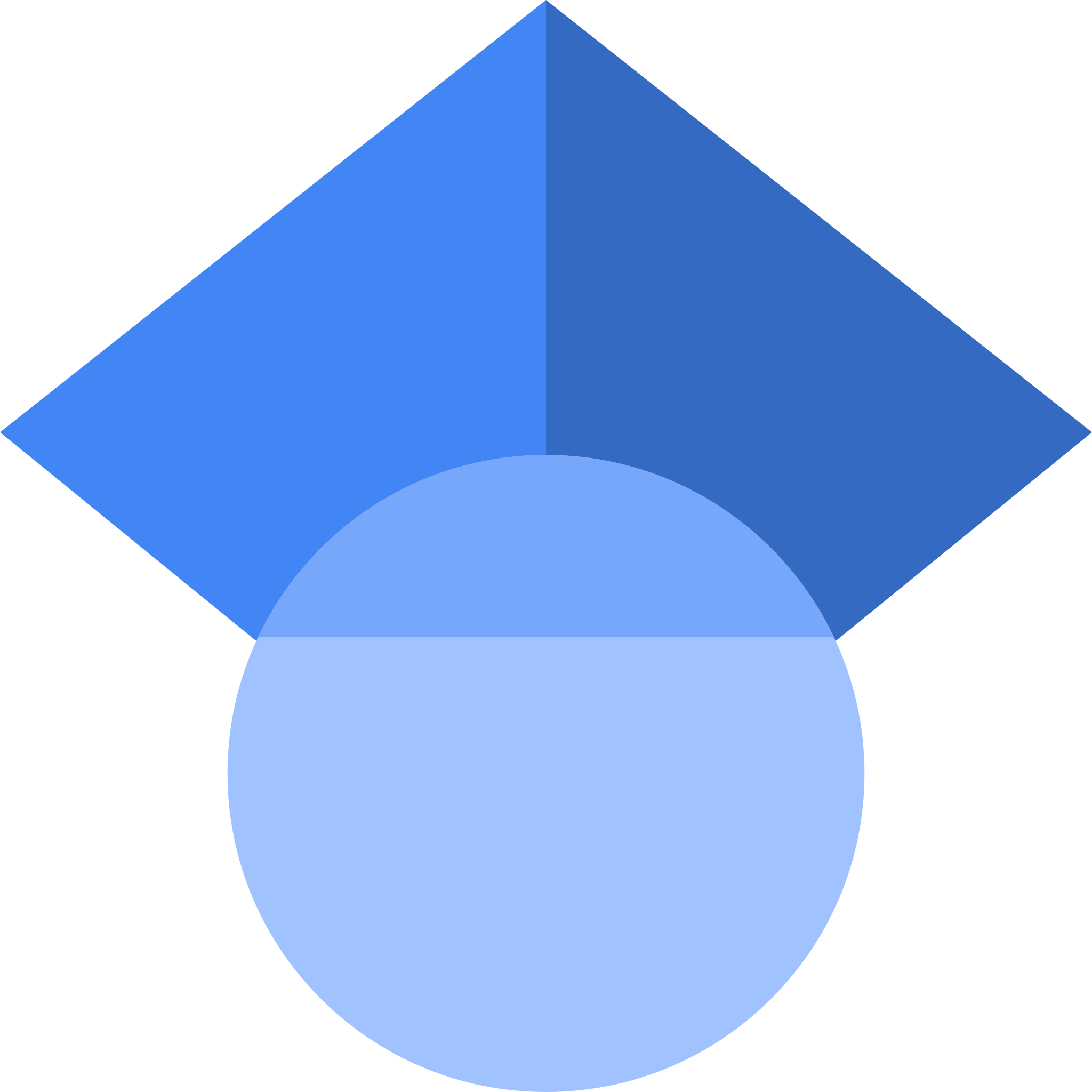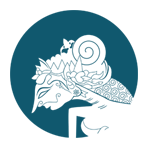Enhancing Molecular Modelling Skill of High Schools Chemistry Teacher using Computational Chemistry Training
 Country:
Country:
(1) Universitas Lampung [Scopus ID: 57216792189], Indonesia
(2) Universitas Lampung, Indonesia
Abstract: Current developments in information and communication technology require innovative efforts to integrate computers and visualization in learning. In the field of chemistry, many studies have proven that the integration of ICT plays a significant role in increasing the effectiveness of chemistry learning. The aim of this workshop activity is to increase the knowledge and skills of high school/MA chemistry teachers in Lampung Province in teaching atomic structure and chemical bonding based on computational chemistry using computational chemistry applications. This activity will be carried out for 6 months and will be attended by high school/MA chemistry teachers in Lampung Province. The training methods that will be used are workshops and guided practice. The activity evaluation design was carried out in 2 ways, namely evaluating participant understanding and evaluating participant skills. Evaluation of participants' understanding is based on pretest scores at the beginning of the activity and posttest at the end of the activity. Evaluation of participant skills is based on the participant performance assessment criteria during the workshop process. The results of the service implementation show that participants have been able to understand and know the types, advantages, functions and working/working procedures of smartphone-based molecular modeling applications for learning chemistry on atomic structure and the periodic system of elements. The participant performance during the training increase significantly in operating the computational program. The follow-up to this service is to expand the service participants to all teachers in Lampung Province and expand the workshop material not only on atomic structure and the periodic system of elements, but on other material such as chemical bonds, reaction rates, equilibrium, and so on.
Keywords: computational chemistry training, molecular modelling skill, high school teacher.
Abouserie, R., Moss, D., & Barasi, S., 1992. Cognitive style, gender, attitude toward computer‐assisted learning and academic achievement. Educational studies, 18(2), pp.151-160.
Boyce, M., & Bertozzi, C. R., 2011. Bringing chemistry to life. Nature methods, 8(8), pp.638.
Chatfield, D., 2002. Christopher J. Cramer: Essentials of Computational Chemistry: Theories and Models. Theoretical Chemistry Accounts: Theory, Computation, and Modeling (Theoretica Chimica Acta), 108(6), pp.367-368.
Lewars, E., 2003. Computational chemistry. Introduction to the theory and applications of molecular and quantum mechanics, pp.318.
Lipkowitz, K. B., Cundari, T. R., & Boyd, D. B. (Eds.)., 2008. Reviews in computational chemistry (Vol. 51). John Wiley & Sons.
Manly, C. J., Louise-May, S., & Hammer, J. D., 2001. The impact of informatics and computational chemistry on synthesis and screening. Drug discovery today, 6(21), pp.1101-1110.
Stefl-Mabry, J., Radlick, M., & Doane, W., 2010. Can you hear me now? Student voice: High school & middle school students' perceptions of teachers, ICT and learning. International Journal of Education and Development, 6(4), pp.64.
Tetko, I. V., Gasteiger, J., Todeschini, R., Mauri, A., Livingstone, D., Ertl, P., ... & Tanchuk, V. Y., 2005. Virtual computational chemistry laboratory–design and description. Journal of computer-aided molecular design, 19(6), pp.453-463.
Young, D., 2004. Computational chemistry: a practical guide for applying techniques to real world problems. John Wiley & Sons.
No supplementary information available.
Refbacks
- There are currently no refbacks.

This work is licensed under a Creative Commons Attribution-ShareAlike 4.0 International License.
The copyright is reserved to Pedagogy Review that is licensed under a Creative Commons Attribution-ShareAlike 4.0 International License.
Address:
CV. IMRECS: Jalan Gagak I, Kecamatan Larangan, Kota Tangerang. Postal Code: 15155
STKIP Al Islam Tunas Bangsa: Jalan Z.A. Pagar Alam No. 41 Gedong Meneng Bandar Lampung





